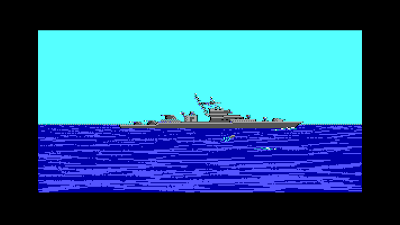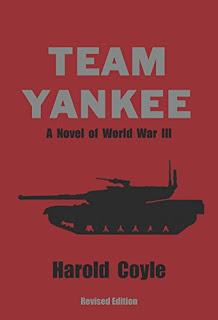Book Review: 'Fighter Wing: A Guided Tour of an Air Force Combat Wing (The Tom Clancy Military Library)'

(C) 1995 Berkley Books Before his untimely death on October 1, 2013, the late Tom Clancy wrote 16 best-selling novels which focus on many aspects of America's national security community. Starting with his now-classic The Hunt for Red October (1984) and continuing all the way to his final Jack Ryan novel (2013's Command Authority ), Clancy's cast of characters included soldiers, airmen, sailors, Marines, Coast Guardsmen, and special operations troops, not to mention a certain CIA analyst who eventually becomes President of the United States. All of these books - including Red Storm Rising, one of only two novels that are not set in Clancy's "Ryanverse" - are not only successful because they tell great stories, but also because they are the result of a lot of research and Clancy's ability to network with many people in the military and other branches of government. In addition to his works of fiction, Clancy wrote a seven-book series of non-fiction bo



